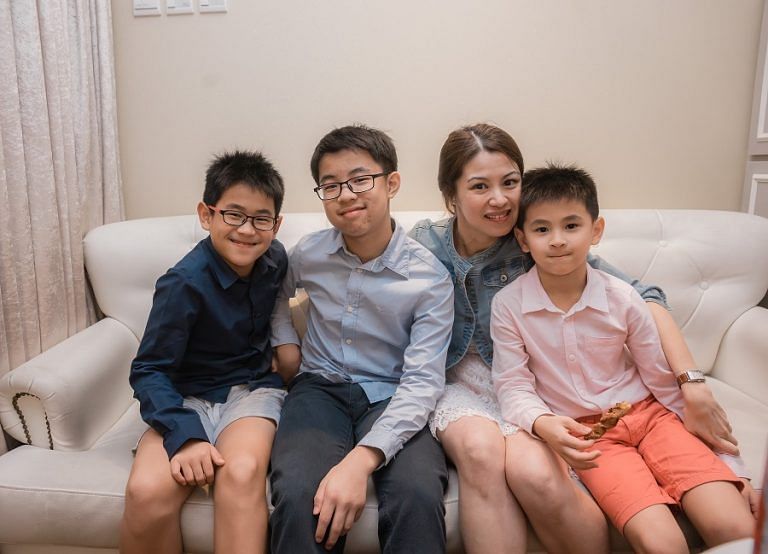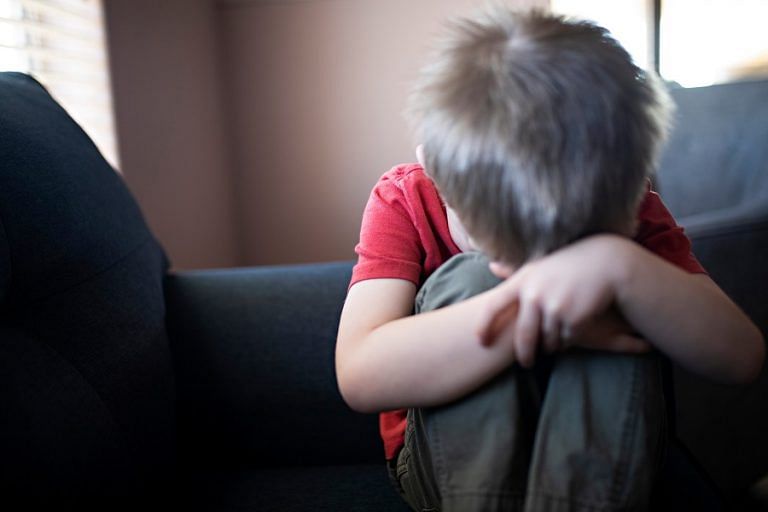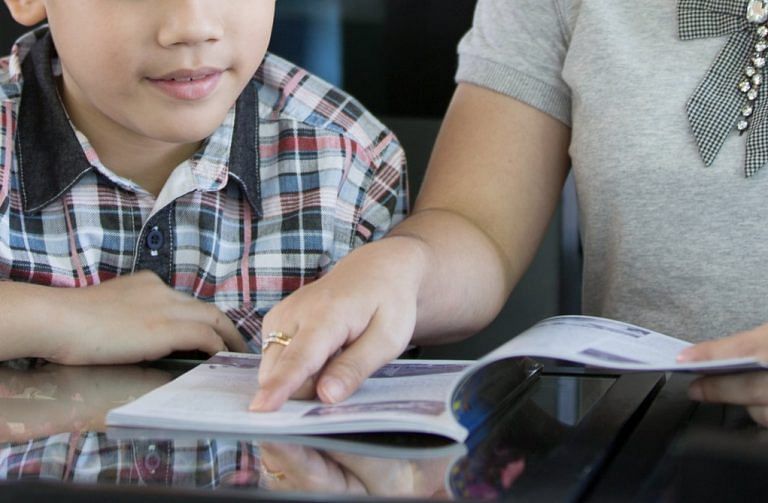
When it comes to parenting practices, there’s no doubt that it has changed over the years, especially with the rise of the Internet and social media, and a deluge of approaches and advice at our disposal. How are parents doing it now? What has changed compared to when they were kids? In conjunction with Mother’s Day, the Weekly speaks to four modern mums, on their mantras when it comes to raising their kids, how their own childhood has shaped their parenting styles, and their journey and struggles as a working mother.
“When kids are below 10, you are a teacher. When they are between 10-20, you are a coach. When they are above 20, you are a mentor,” Amanda Koo, 44, says, when quizzed about her parenting style. She also believes in treating her kids as adults when they’ve reached a certain age, including financial responsibility.
The single mother with three sons aged 12, 15, and 17 is the founder of local jewellery brand eClarity and its sub-brands, BA.sg and The Sample Line. She’s also a certified gemologist who graduated from the Gemological Institute of America (GIA), and has an NUS degree in Computer Science as well as a Master’s degree in Counselling from Monash University.
Below, she shares more about having consistency in their schedules, encouraging her children to find their own voice and way in life, and prioritising family time amidst a busy work schedule.

Amanda Koo (AK): Different phases of our children’s lives require a different parenting approach. When they are younger, the priority is discipline, to help them distinguish right from wrong. But as they mature, they learn that there are greys in life and this is when we assume the role of a “coach” to help show them the way, by explaining to them why things are, and to encourage them to find their own voice and way in life. I prepare myself to be a “mentor” in the next phase, and a mentor does not comment unless he or she is asked.
Fundamentally, my family takes pride in our family rules. We work hard and eat healthy on weekdays, play, relax and eat together on weekends. Children are impressionable and I take it upon myself to set a good example of what I hope they will come to value – for instance, dedicating my weekends to them. We cook and watch Netflix together on Fridays and go out on mother-sons dates and dinners on Saturday nights. This is a commitment that I never fail to deliver (and now I observe that they too automatically turn down their friends for weekend dinners), and it has helped to inculcate the value of prioritising spending quality time with family in my sons.

AK: My dad expanded my mind when it comes to believing that the sky is the limit. My mother gave me only 20 cents a day for pocket money throughout my primary and secondary school days. In JC, my pocket money was in foreign currency, so I had to go to Lucky Plaza to negotiate the best deals to convert to Singapore dollars. I learnt frugality and financial planning through hard savings. I discussed ambition with my boys at a young age. Beyond that, I sat down to explore the paths leading to achieving their dreams. I did the same for my eldest son when he told me he wanted to be a defense lawyer as a teenager.
Growing up, my parents’ attention was also largely focused on building the family business. They did have their fair share of leisure time, but the business was a priority. When I became a mother, I looked to tweak my parents’ approach to raising children – by learning to let go, but at the same time, shower them with love and have fun together as a family.
I also believe in a statement that I read before – it is what you do during your free time that determines your success. Do you play games, read, code, or exercise during your free time? I think it is extremely important for children to be passionate about sports and music, which teaches them teamwork, sportsmanship, patience, and expression of emotions. My boys compete at a national level in sports (swimming and rugby) and they play the piano as well.

AK: Wow, this happened quite a long time ago! I think there’s no one size fits all solution for this as every child is different. But my personal approach still stands – turn it into a joke.
My sons are more imaginative and visual in their learning approach. Once, my son sat in a Cold Storage basket, and refused to get out. I told him to pretend that he is a bird in a cage, and I am the feeder. We role-played this and I then slowly let the “bird” fly out from his cage – it worked.

AK: I believe children require consistency to thrive. We adhere to a fixed timetable, and Saturdays are the designated family day. I also try to establish and enforce family rules. In many ways, I believe that past a certain age, children should be treated like adults to encourage them to behave like one. I sign ‘contracts’ with my kids, like outing application forms or phone update agreements and we have them agreed upon by both parties and stick them on the walls as a mark of their words.
I also believe that financial responsibility starts young. Kids want many things; they always want the newest shoes, newest watch, and so on. So, I started a co-payment system with my sons. Half of the item’s cost comes from me, and the other half from their own pocket money savings.

AK: I posted this on my social media on Mother’s Day last year, and I think it sums up my love for motherhood.
“The moment a baby is born, a mother is born too. We mum-up, from a mother holding a hand, to a mother waving her hands, to a mother having a hand to hold. In children, we learn to love.”

AK: Definitely, especially when they were younger. As such, it is important to instill discipline at a young age, with a strict timetable. Having three businesses to run, I need to focus my 100 per cent on the businesses on weekdays.
But I make it a point to send my kids to school personally every morning, so I get to check in with them for a bit before fully occupying myself for the rest of the day. When I do get pockets of time in between, I make an effort to meet with them at home, to have a quick lunch or meet up. And I outsource the rest, like cooking and cleaning. Sticking closely to our timetable, we know that from Friday night to Sunday lunch, we have that time to ourselves as a family, to do the things we love together. Once the structure is established, I no longer feel sense of guilt on weekdays, and am able to fully concentrate at work.

AK: Sticking to a timetable, really – just blocking out time for both work and the people we love. For me, weekends are sacred and reserved for my sons and my own me-time. It is the time I give them my 200 per cent.
